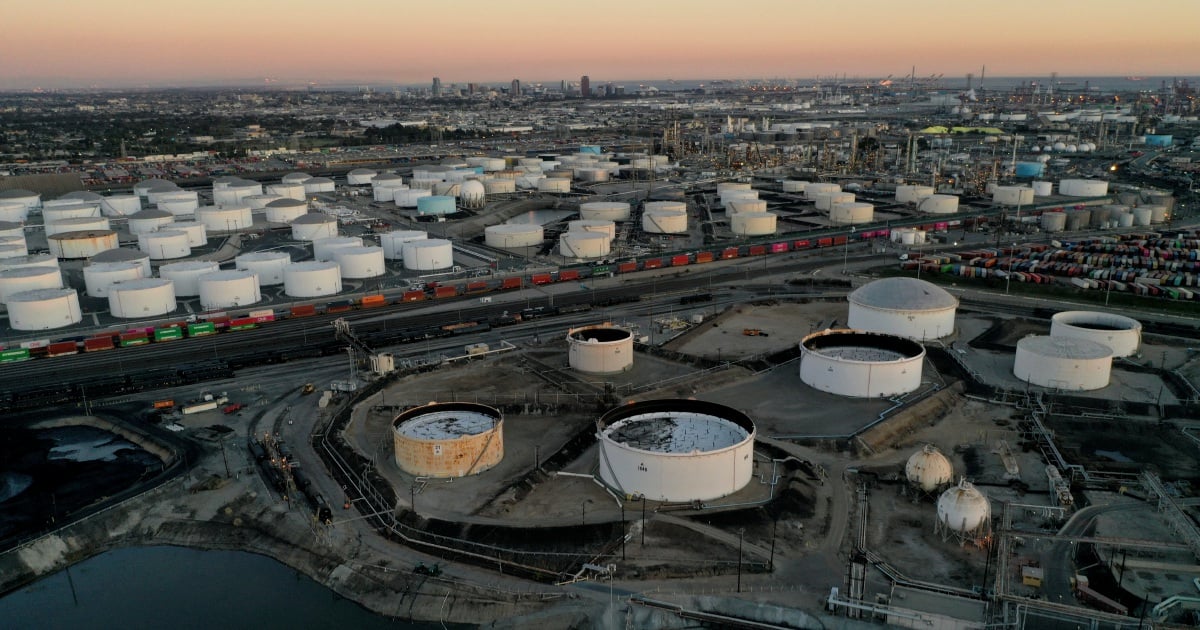/tpg%2F48354da1-1468-4ffd-a68a-4319a179026c.jpeg)


On December 15, 2024, Saudi Arabia announced a significant increase in fuel prices, which has sparked widespread public outcry and concern among citizens and businesses alike. The rise in gasoline prices comes at a time when residents are already grappling with high living costs, leading to financial strain for many [7fb5c4c]. Local reactions have highlighted worries about the impact on transportation and daily expenses, with many fearing that the increase will exacerbate existing economic challenges [7fb5c4c].
Economists suggest that this fuel price hike is part of broader economic reforms aimed at adapting to fluctuations in the global oil market. Government officials have emphasized the necessity of achieving fiscal stability, indicating that such measures are essential for the country's long-term economic health [7fb5c4c]. However, the rising transportation costs are expected to contribute to inflation, raising further concerns among the populace about the affordability of everyday goods and services [7fb5c4c].
In the context of Malaysia's economy, the recent fluctuations in oil prices have also been a topic of discussion. The Socio Economic Research Centre (SERC) reported that while higher oil prices could initially expand Malaysia's trade surplus, they also pose risks of rising energy prices and inflation, which could dampen consumer spending and investment demand [e027f6eb]. Conversely, a drop in oil prices could lead to significant revenue losses for Malaysia, as petroleum-related income constitutes about 20% of government revenue [2a1aca9c].
As both nations navigate the complexities of oil price changes, public sentiment remains a crucial factor for government actions moving forward. The balance between economic reforms and the welfare of citizens will be vital in shaping future policies in both Saudi Arabia and Malaysia [7fb5c4c].